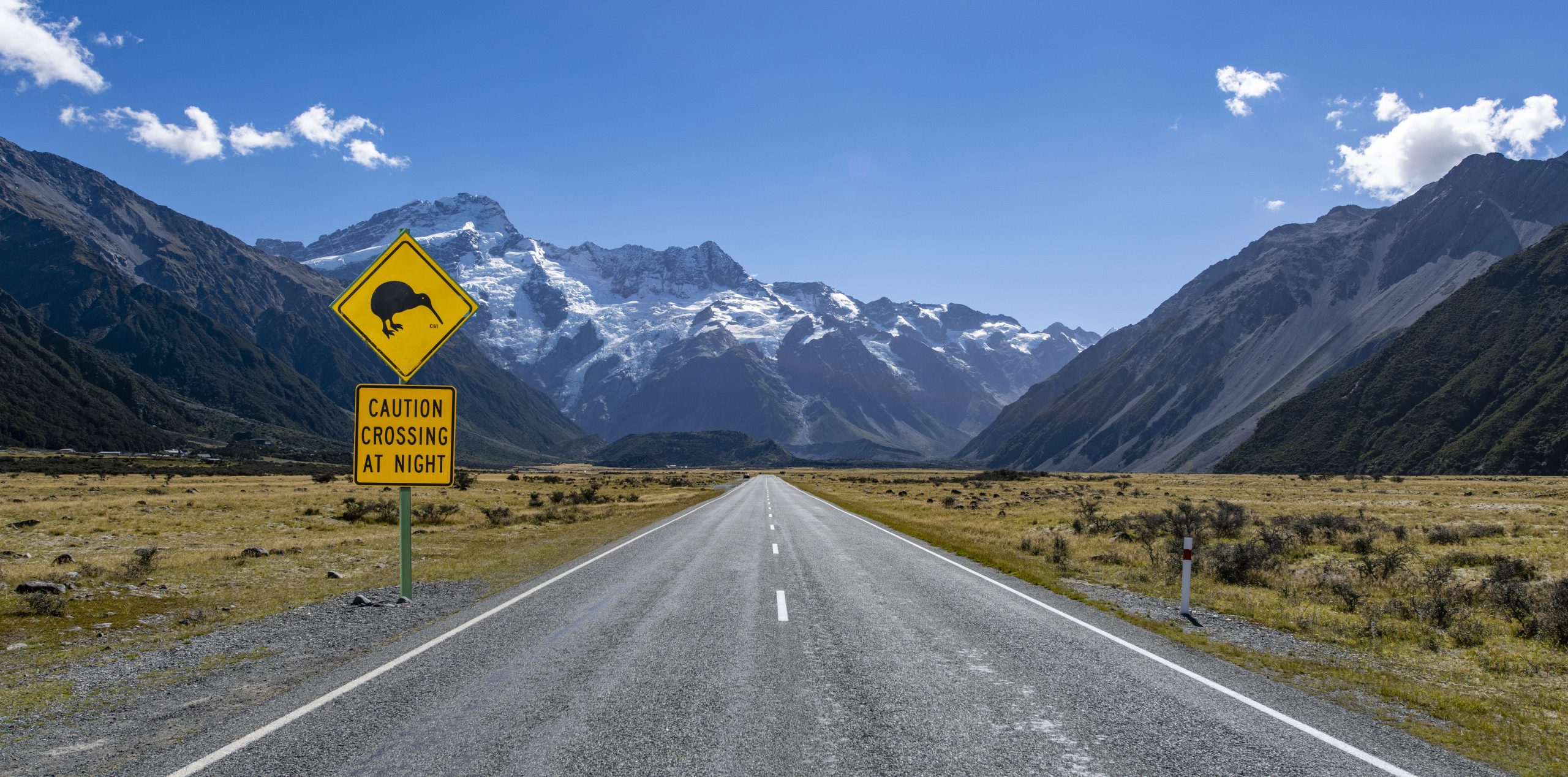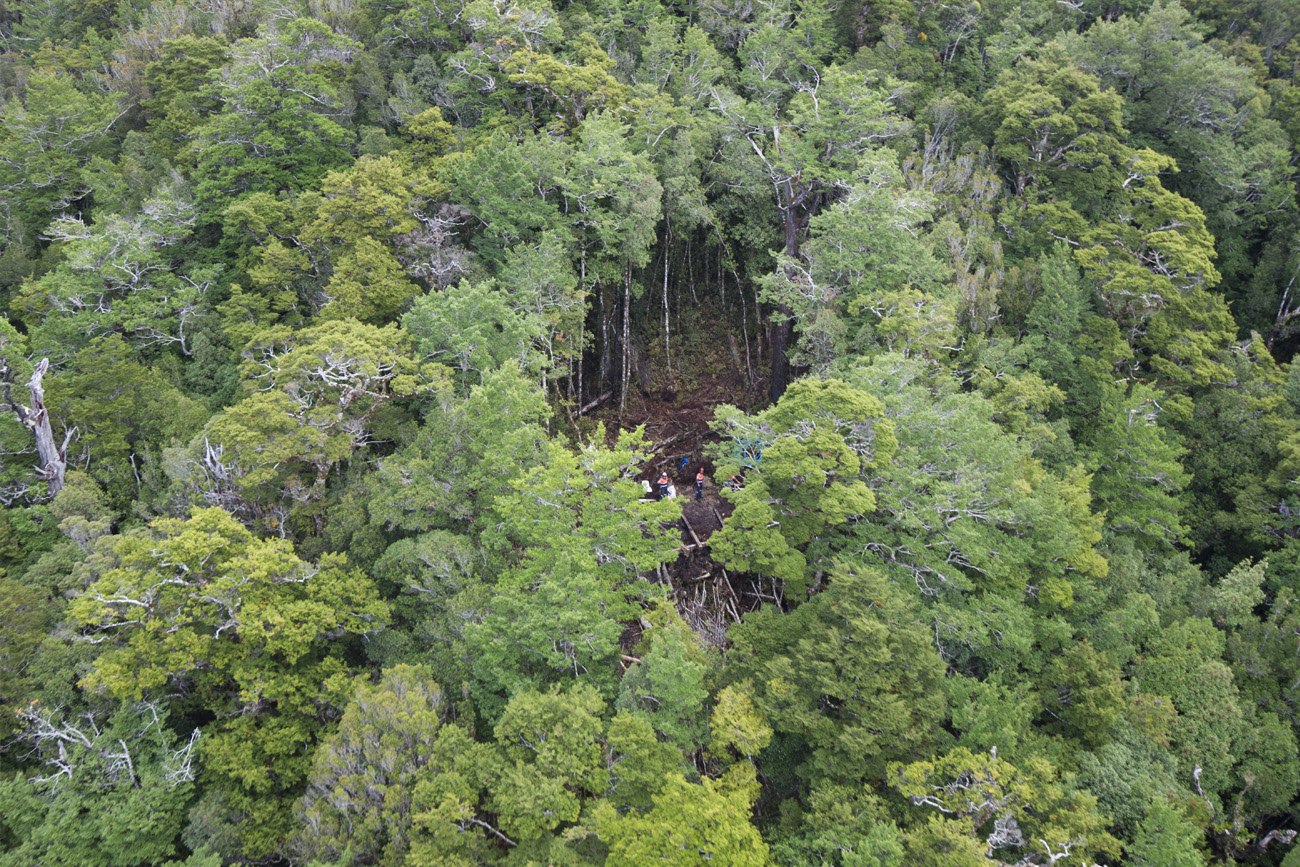4. A ban would lead to damaging unintended consequences
The problem with ideological arguments is they don’t consider, or care about, the unintended consequences that can be damaging socially, culturally, environmentally, and economically.
Some of the unintended consequences of a ban include (and are by no means limited to):
Reduced access to aggregates – impacting the ability to build, maintain and repair roads, infrastructure, flood defences and more. In New Zealand, we need to build resilience to climate change into our infrastructure. This requires aggregates, some of which sit on conservation land like when DOC needed to quarry conservation land for a track at Franz Josef Glacier.
Reduced pounamu recovery – while DOC may try to carve out an ‘exemption’ for pounamu, most pounamu is recovered in association with other minerals, particularly alluvial gold.
Critical minerals – The world needs these for low emission technologies required to power the low carbon economy. These would be locked up with no ability to apply for access.
Reduced Crown revenue from royalties and land access fees – the latter being particularly important because these fees are used by DOC to fund a range of activities, including improvements to the conservation estate.
Eight reasons a ban makes no sense
- Not all conservation land has high conservation value
- Existing world-class environmental safeguards mean a ban is not necessary
- Minerals are essential to the way we live and are a crucial part of the low carbon future
- A ban would lead to damaging unintended consequences
- Just 0.04% of conservation land is mined
- Modern mining practices ensure good environmental outcomes
- Mining creates well-paid jobs and is important to the New Zealand economy
- Banning mining on conservation land is not the instrument to curb emissions








